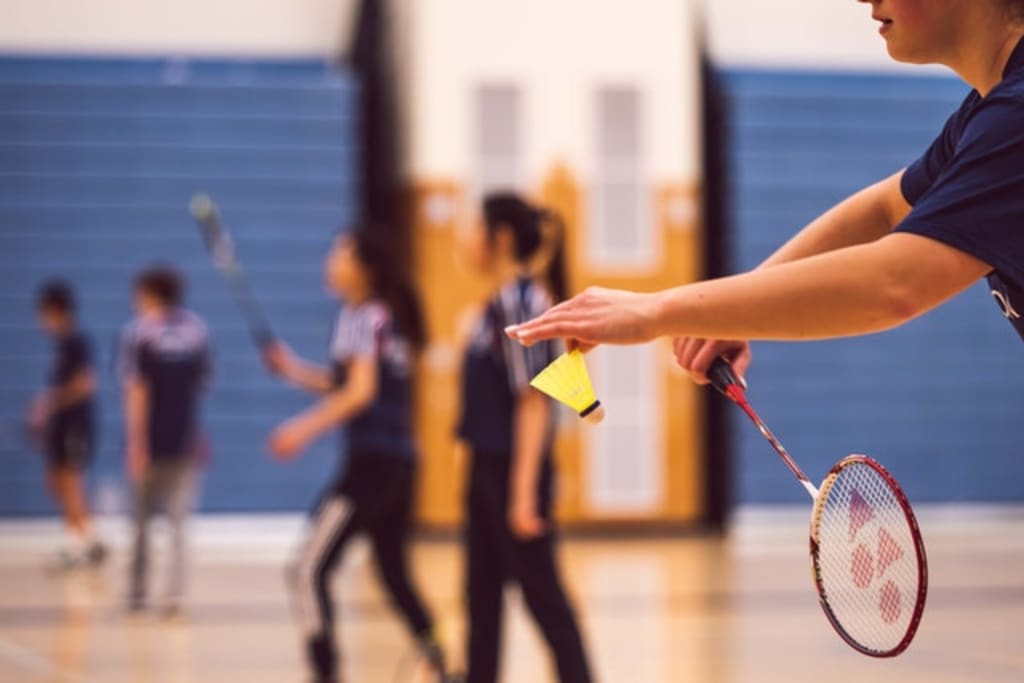How do sports boost learning effectiveness
The five S’s of sports training are: stamina, speed, strength, skill, and spirit; but the greatest of these is spirit.

What Makes Sports Effective?
Several studies have examined how sports can boost learning effectiveness, and have found that athletes learn more in school. Athletes are able to show superior academic achievement due to their combination of physical coordination, focused attention span, and hard work said a researcher from Gannon University.
Studies have shown that physical activity can help improve test scores in math, reading comprehension, and writing by 5%. Athletes score higher on standardized tests because they study longer with more focus. Experts say it’s because their hard work mindset makes them better learners. A study from Stanford University showed students who played an hour of sports had greater long-term recall than students who did not exercise at all.
In fact, according to a recent study in Plos One, playing sports can enhance your learning ability. Achieving peak physical fitness can raise your brain's efficiency by boosting its blood flow.
The boost of oxygen and nutrients sends energy to areas responsible for mental activity and mental capacity improvement. Sports boost learning effectiveness because when an athlete exercises, his or her body is forced to endure strenuous activity which will cause their brains to make new connections for better health and function.
As evidence of sports increasing productivity through increased concentration, we have seen many athletes becoming more successful at work after retirement from professional sports
e.g Cristiano Ronaldo is now an incredibly successful businessman as well as continuing his football career at Real Madrid where he has broken countless goal-scoring records.
What sports help with studying?
One study by a researcher at East Carolina University found that high school students who play sports have higher GPAs and are more likely to graduate. But it’s not just GPA that improves, as students involved in sports are significantly more likely to be recognized for academic achievements such as honor roll, National Merit Scholar status, National Achievement Scholarships, and/or membership in Who’s Who among American High School Students.
Another study found that student-athletes also performed better on standardized tests than non-athletes. These results were similar for both male and female students alike. The author of that study suggested that student-athletes get involved with their school and extra-curricular activities to be successful later in life when they enter adulthood.
How much time should I spend on sports?
Sports can boost learning effectiveness in your free time and can be accomplished by most people. Before you start trying to learn a sport, consider your personal interests. A sport that's interesting to you is much more likely to grab your attention than one that you don't like at all. For example, if you're interested in playing team sports with your friends or would like an activity where someone coaches or teaches you how to improve, try soccer, basketball, or baseball. If a game like poker or chess is more up your alley, consider taking up a strategy game instead.
Common Misconceptions about Sports and Learning Effectiveness
Sports can help improve health, but that doesn’t mean it will help in school. There are a number of common misconceptions about sports and their effect on your ability to learn effectively, including
- Sports making you dumber or less intelligent.
- Sports hurt your grades.
- Sports prevent you from doing well in school because of exhaustion or distraction.
All of these things have been proven to be completely false through extensive research and study; oftentimes students who participate in sports have higher test scores than students who don’t, are more likely to get into college, and perform better overall when it comes to understanding class concepts. The key is finding a balance between exercise (which is crucial for physical fitness) and your academic obligations.
Conclusion
Sports may not be everyone’s idea of a good time, but for students—especially high school. It can be a critical part of success. A study published in Sports Medicine found that students who participated in extracurricular sports are more likely to score higher on standardized tests than their peers who don’t participate in sports. In short, studies show that sports boost learning effectiveness and they do so at any level: from third grade all the way through college. If you want to increase your academic performance, consider trying out for your school’s team or joining another club or activity that requires discipline and commitment. Ultimately, when it comes to your education, you're only as good as what you put into it
Check the Type of Sports played in Olympics





Comments
There are no comments for this story
Be the first to respond and start the conversation.